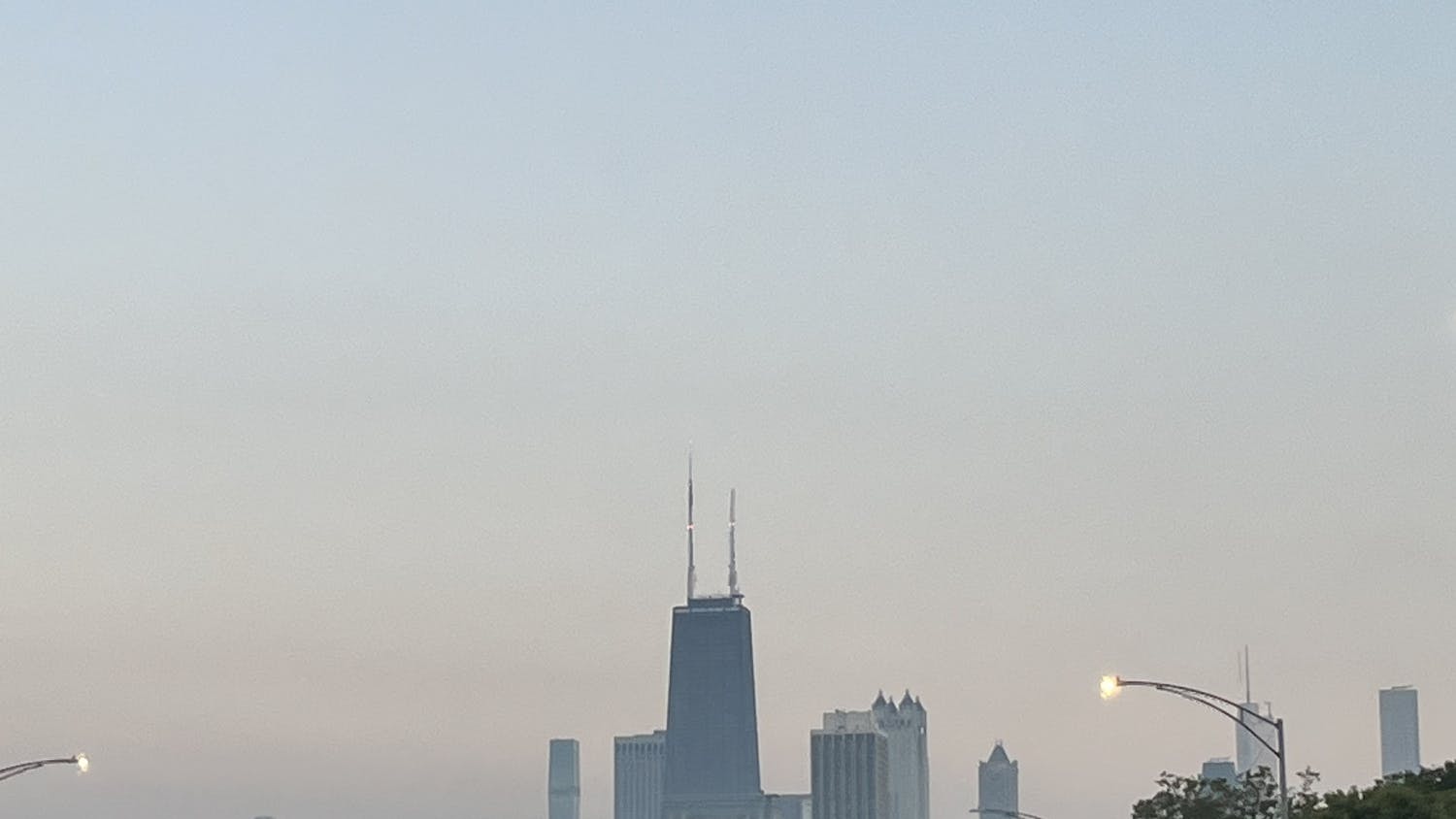During our time here, we watch as the strangers we are thrown together with in this remote place become our closest friends — and sometimes, as they become strangers again. We meet people from across the world we never would have met otherwise, and, if we’re lucky or if we ask, we get to hear their stories. Yet this is all too rare.
This place may be older than the country it’s in, but nearly everything about it is transient, anonymous. Every year brings 1,000-plus new faces who will never know the 1,000-plus who left just a few months before.
It goes in reverse, too. I like to think I’ve made the most of Dartmouth, but I can promise you that by the time the Class of 2019 graduates, nobody here will know who I am.
In many ways, this is as it should be — we move on, we let younger and wider-eyed students take our places. Still, it is a shame how many people we leave the College without knowing.
Before coming to Hanover, there are always a few people a class hears about. For us, it was an Olympic gold medalist. A year before, there was the boy who harnessed the wind, and, two years after, an activist fighting for the DREAM Act and her right to stay in this country.
But this leaves thousands of stories unheard, unlearned from.
I have a story of my own, too, one that you wouldn’t know unless you knew.
My father disappeared when I was five. I usually say died, which is simpler, but that’s not quite right. He was on a trip to Florida and left the house where he was staying. He said he was going to the beach. He did not come back in the morning.
He was last seen in grey jogging shorts and a white T-shirt. A sculptor by trade, among his latest artworks were drawings titled, “Lonely Head, Dead” and “Drowned.”
The police, Coast Guard and the detective agreed that the currents were strong and that my father was intoxicated and had most likely drowned. But there was no proof, and no end to the questions my five-year-old self had.
I turned to writing to answer these questions for myself, crafting stories with neatly tied-up endings. I wrote poems that described the details of that night — how cold the water felt, the red numbers on the clock left behind.
The curiosity I brought to my own situation and the love of writing I developed along the way would later find other outlets — journalism, for one.
Storytelling is one of the most meaningful parts of the craft to me. I get much less out of the scoop or the above-the-fold headline than I do the discovered narrative, the life laid out on the page.
My sophomore year, I wrote an in-depth series on sexual assault for The Dartmouth and heard tales of strength and resilience from women who I’d seen regularly for terms without knowing what they’d experienced. They shared their fears and vulnerabilities too, the ones covered up in the “hi-how-are-you-good-you” exchanges we have every day.
This reporting experience gave me a window into a serious problem on college campuses, but also an unforgettable reminder that the quiet girl in your class or the girlfriend-of-a-friend-of-a-friend has a life whose depth and shape you could never guess at.
Outside of The D, some of my most memorable experiences here have also involved the chance to listen to other people’s stories, whether at organized events like Women of Dartmouth or in late-night conversations with friends.
I’m certainly guilty of the surface-level interactions myself. The countless hours in Robinson Hall and FoCo to-go dinners that were part of my four years on The D often left me running from one place to the next. But I have tried to remember how important it is to hear the stories of the people with whom I share this school, many of whom have so many lessons and experiences I’ll never know.
During our first interactions with the College, as applicants, the admissions officers who read our essays learned more about us than many of our classmates ever will. In the brief time before they set aside our file for the next, they read about our carefully packaged pasts, presents and dreams.
They knew us better than the person who’s in three of your classes but you never talk to, better than the rando you got naked with last weekend, better than the freshman floormates or tripees you say hi to about half the time.
Our stories have changed since then, as have the ways in which we tell them to others and ourselves. What hasn’t changed is the importance of sharing them, of hearing others’ stories.
So, I want to give you a challenge — a new bucket-list item.
Come graduation, we’ll sit in what I hear are sweaty and unbreathable robes and listen as our classmates’ names are read aloud. We might be thinking about how much we’ll miss this place. We might be thinking about lunch.
I’ll also be wondering about the person behind each of those names, the individual in each of those identical robes. Maybe I’ll know a fact or two about them — Greek house, major, a friend in common — or maybe they’ll be a blank slate.
Regardless, my time will be up. Over the following days, we will spread out across the world, each unknown classmate a closed book whose pages I’ll never read.
Yours isn’t. In your remaining time, hear from as many of the people in this place as possible, and share your own story along the way. When they read your classmates’ names aloud, know as many of their stories as you can. You won’t know them all, and that’s a loss, but you’ll be better off for trying.



